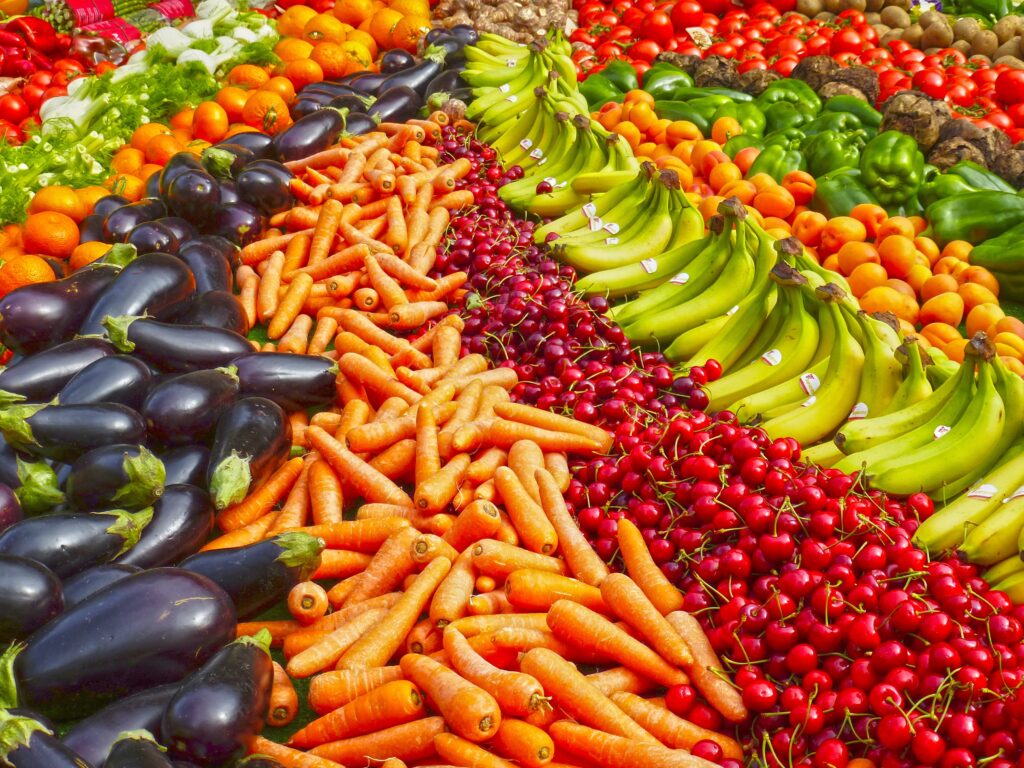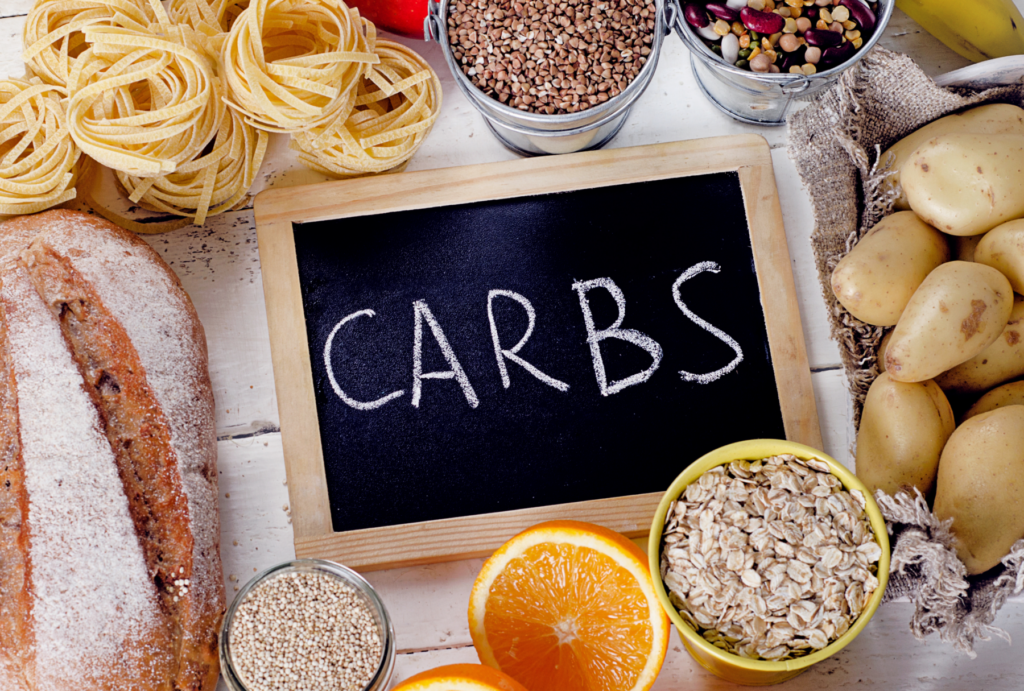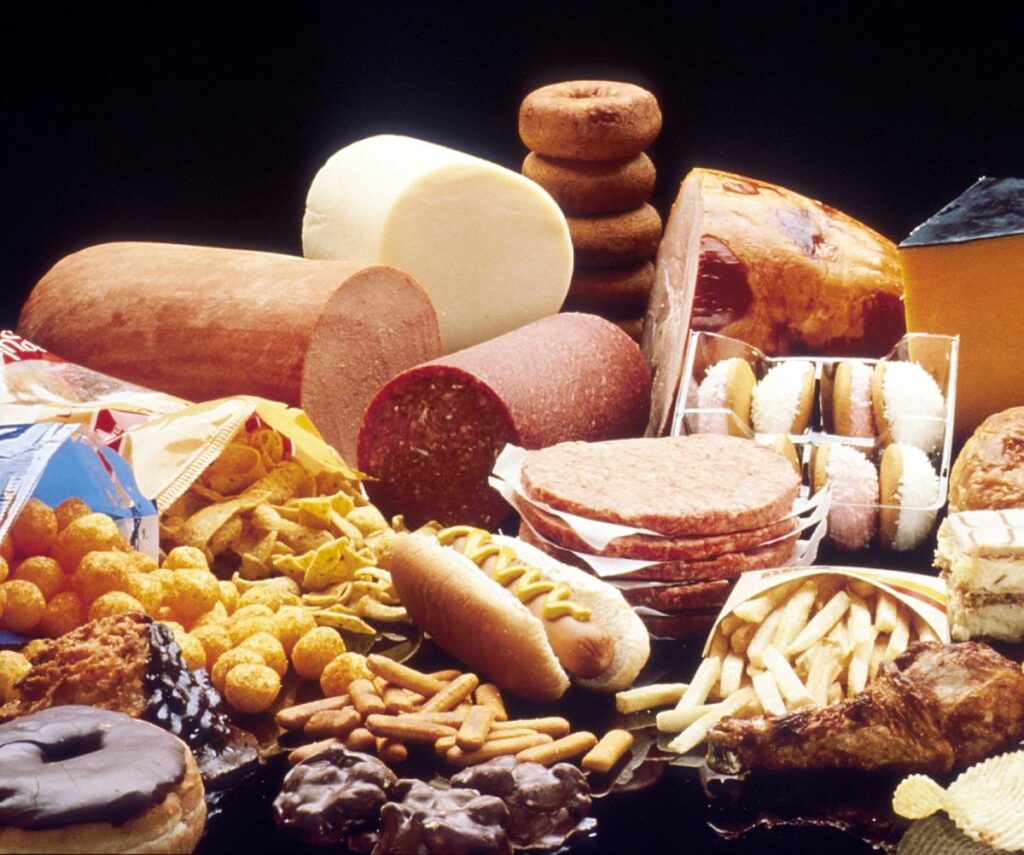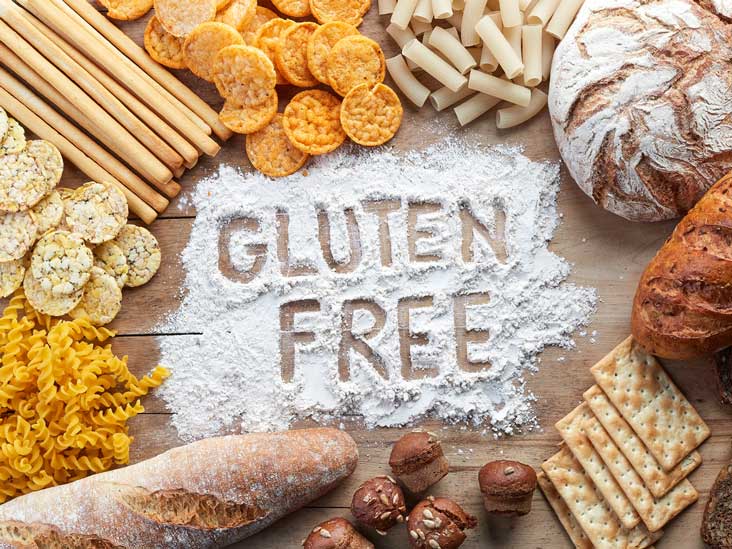
Nutrition is a complex and ever-evolving field, and with so much information available, it can be difficult to separate fact from fiction. In this blog post, we’ll explore some of the most common nutrition myths and set the record straight on what’s true and what’s not.
Myth #1: Carbohydrates are bad for you.

Carbohydrates have long been demonized as the enemy of weight loss and healthy eating. However, the truth is that carbohydrates are an essential part of a balanced diet. They provide our bodies with energy and are found in a wide range of nutritious foods, such as fruits, vegetables, whole grains, and legumes. Rather than avoiding carbohydrates altogether, it’s important to focus on choosing complex carbohydrates, such as whole grains, which are digested more slowly and provide sustained energy.
Myth #2: Fat-free foods are healthier than those with fat.

Many people believe that foods labeled as “fat-free” are automatically healthier than those that contain fat. However, this is not always the case. When fat is removed from a food, it often loses its flavor and texture, so manufacturers may add extra sugar or artificial ingredients to make up for it. Additionally, fat is an essential nutrient that plays a vital role in our overall health. Healthy fats, such as those found in nuts, seeds, avocados, and fatty fish, can actually help to lower cholesterol levels and decrease the risk of heart disease.
Myth #3: You should avoid all processed foods.

Processed foods get a bad rap, but not all processed foods are created equal. While it’s true that many processed foods are high in added sugars, sodium, and artificial ingredients, there are also many healthy processed foods available. For example, frozen or canned fruits and vegetables, canned beans, and whole-grain breads are all processed foods that can be part of a healthy diet. The key is to read nutrition labels carefully and choose processed foods that are low in added sugars and sodium and high in nutrients.
Myth #4: You can’t eat after 8pm.

Many people believe that eating after 8pm will lead to weight gain, but this is simply not true. The time of day you eat doesn’t affect weight loss or gain; it’s the number of calories you consume that matters. Rather than focusing on when you eat, it’s important to pay attention to the overall balance of your diet and make sure you’re not overeating or consuming too many empty calories.
Myth #5: Gluten-free diets are healthier for everyone.

Gluten-free diets have become increasingly popular in recent years, with many people believing that they are healthier for everyone. However, this is not the case. Gluten is a protein found in wheat, barley, and rye and it is safe for the vast majority of people to consume. Only people with celiac disease or gluten intolerance should avoid gluten. If you are not gluten intolerant, a gluten-free diet can be lacking in important nutrients and can be more expensive.
In conclusion, It’s important to be skeptical of nutrition myths and to focus on the facts. While some foods and eating habits may be better for some people than others, there is no one-size-fits-all approach to healthy eating. The key is to pay attention to the overall balance of your diet, choose nutrient-dense foods, and limit added sugars and overly processed foods.
